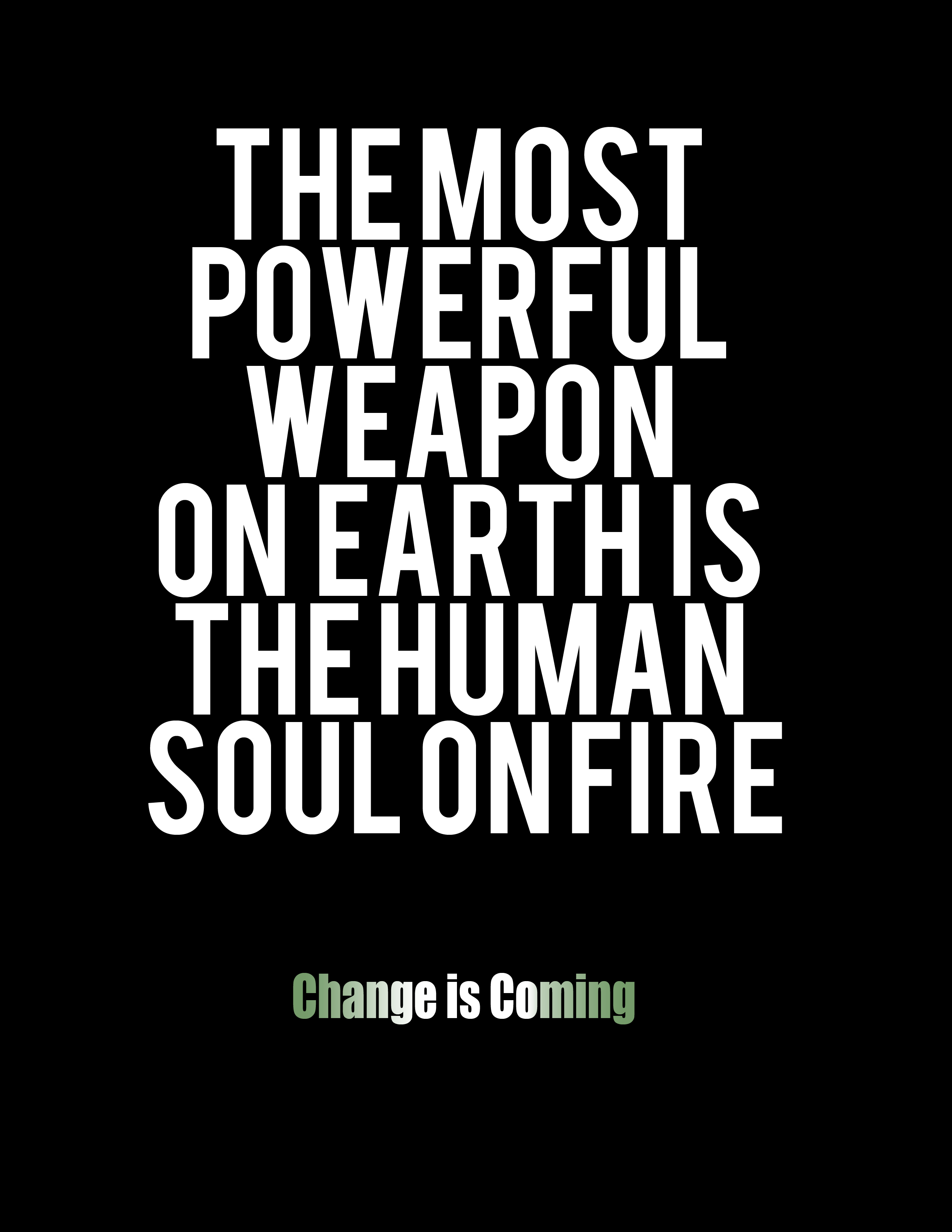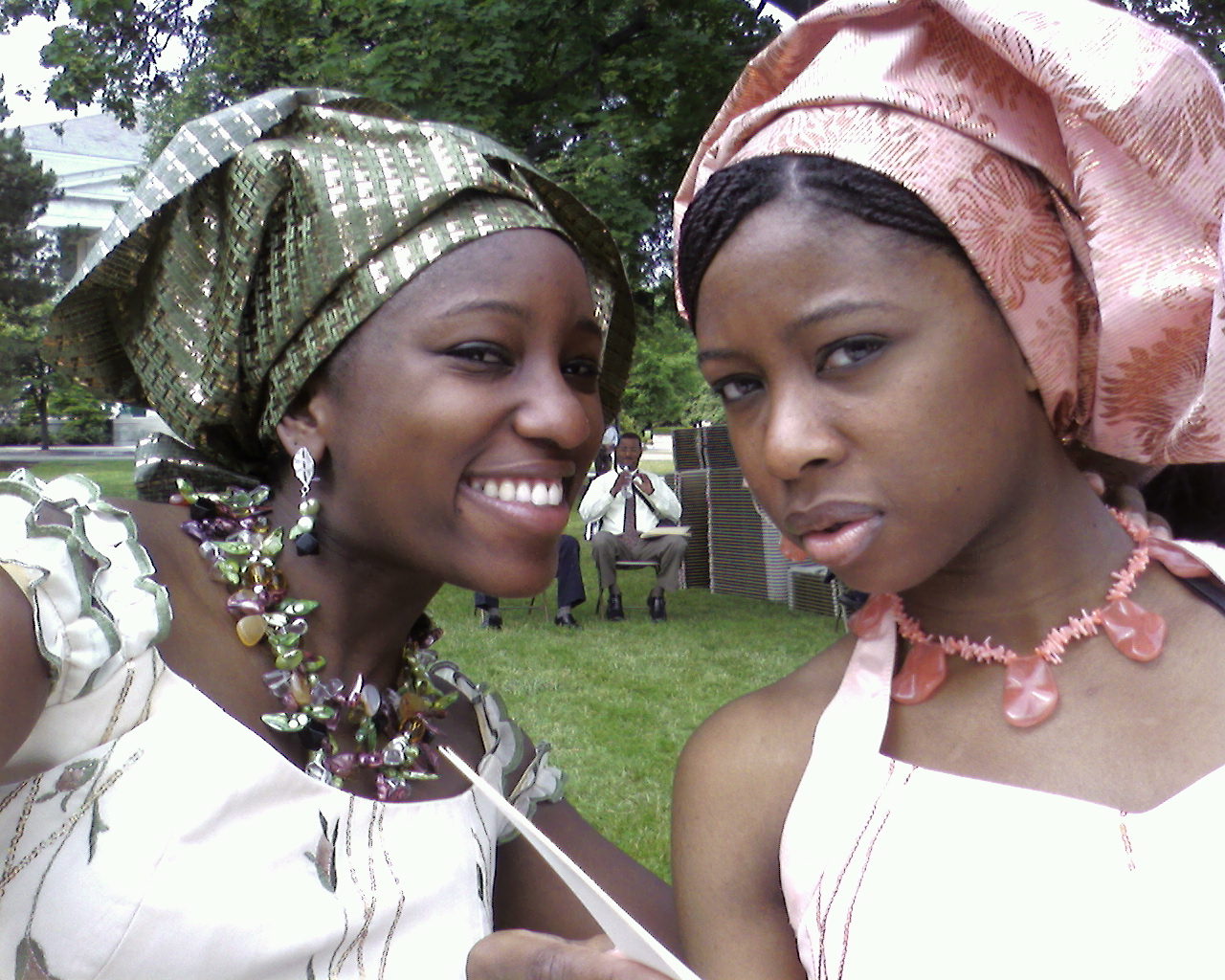Warning: This is a rant. AKA I'm pissed, and don't feel the need to explain myself further than this: I'm Nigerian. I'm African. I'm Black. They don't compete, they complement, which is why when I'm asked to silence one for the sake of the other, I don't. Deal with it.…
-
-
Open Letter to LGBT Nigerians and Diaspora: Stand Fast, Change is Coming
They are afraid, of our voices, of our power, of our resiliency. They are afraid of a younger generation of citizens, activists, and diaspora, and our collective belief in a more progressive Nigeria. They are afraid of our growing influence as we gather allies not just from the west, but…
-
Reflections of a Straight Girl: What Does It Mean to Be an Ally?
My sister Zara, wrote this recently for me (it is also posted on her blog @ ZaraChiron.com). If you have siblings, parents, family members etc, that haven't yet come around, I hope you find inspiration in this piece, to be patient (and brave) enough to remain open to their own…


